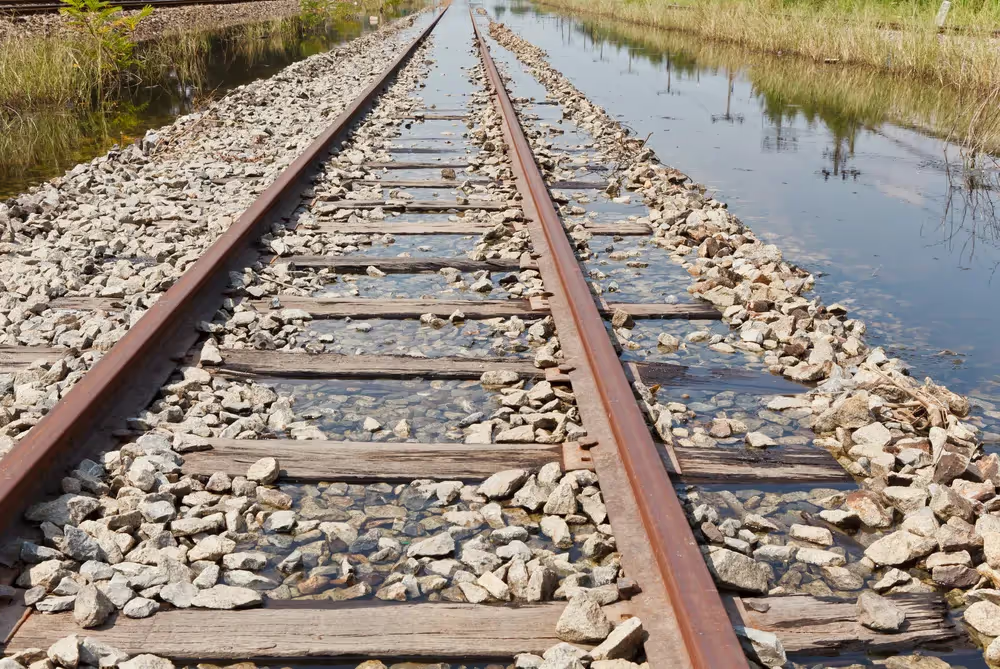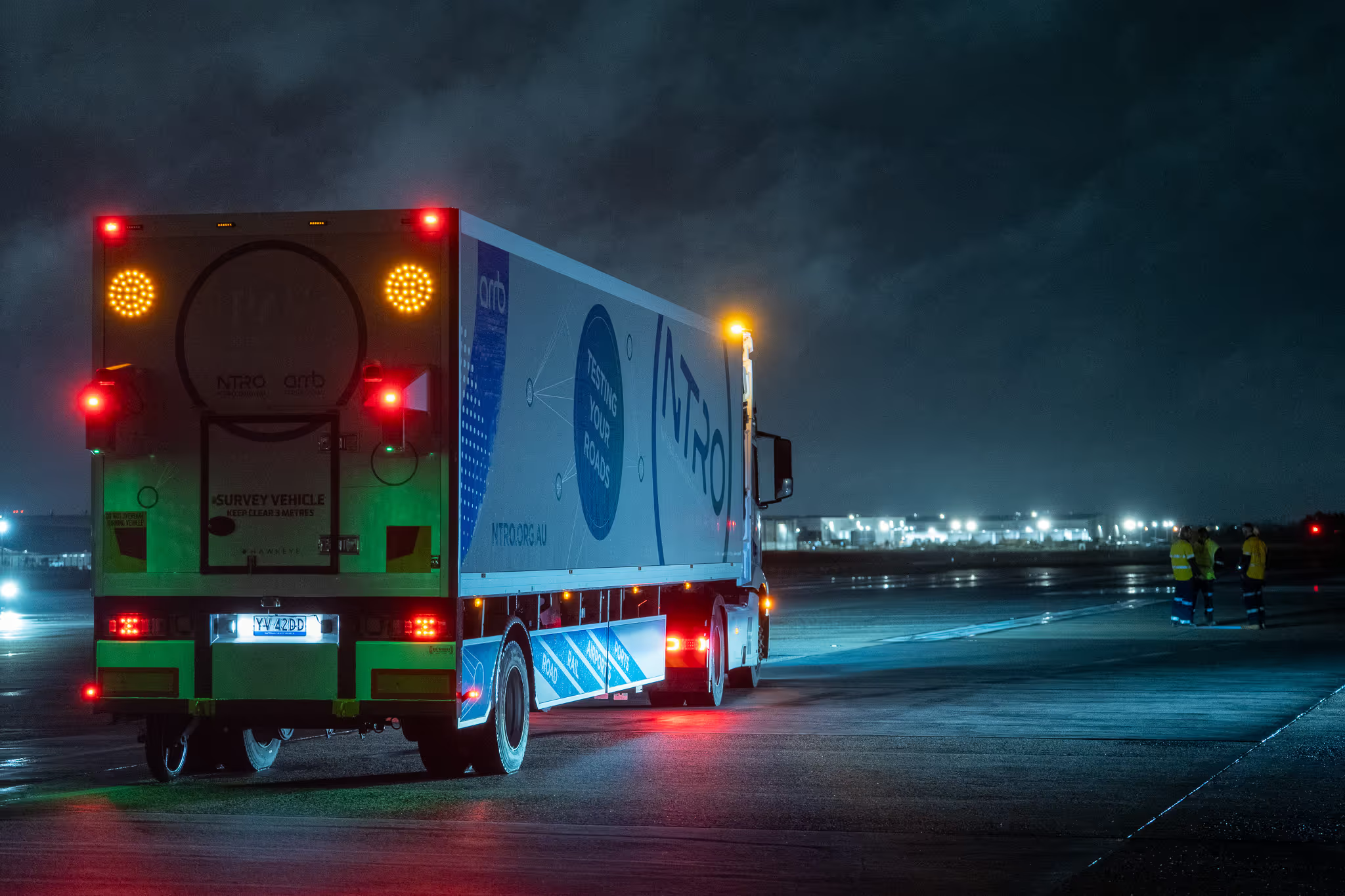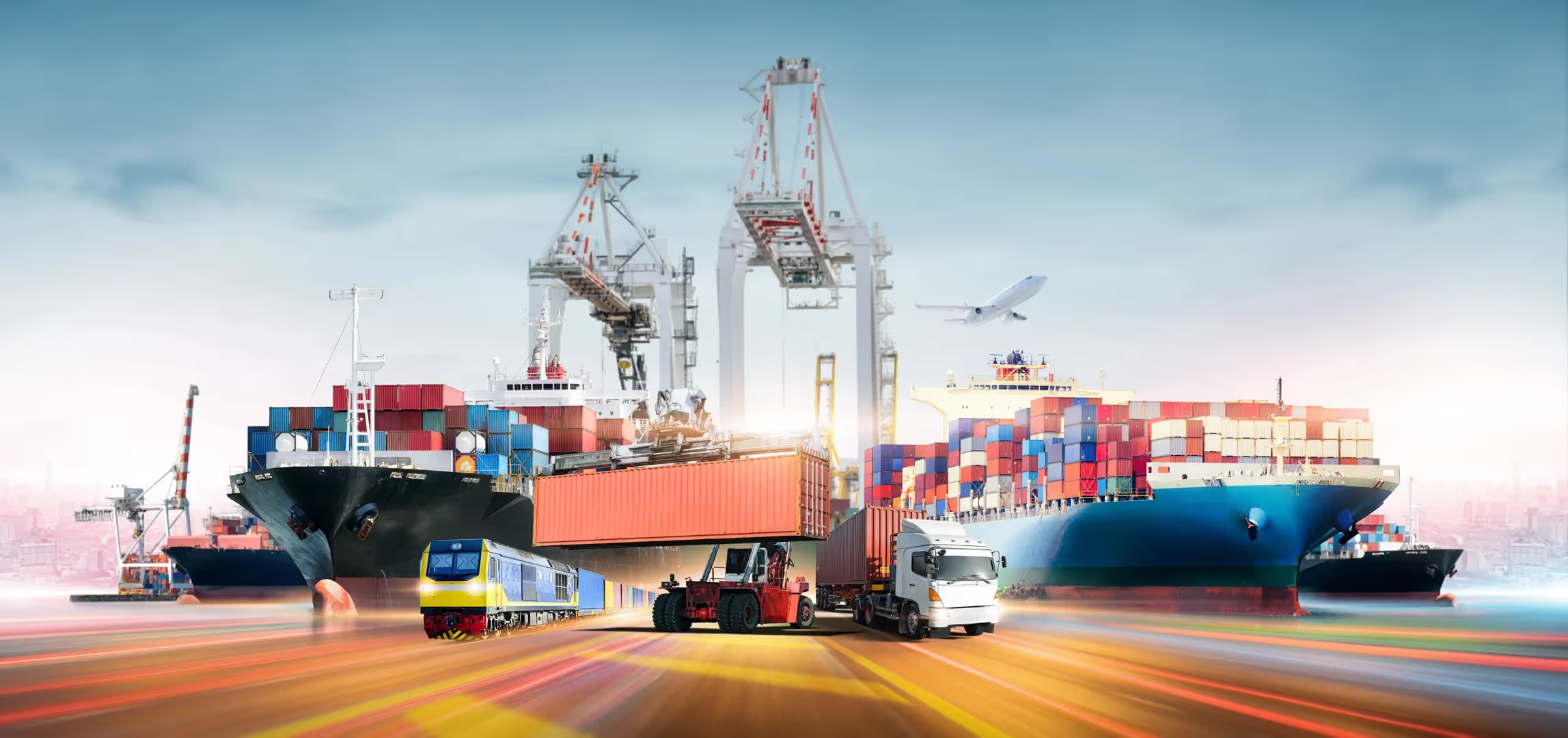The Australian rail infrastructure system is heavily impacted by climate change through extreme weather events, coastal erosion and increased temperatures.
The Climate Council of Australia’s Compound Costs: How Climate Change is Damaging Australia’s Economy Report estimates that 27,000-35,000 km of roads and rail (worth $4.2-$6.7b) in Australia will be exposed to flooding and erosion hazards at a projected sea-level rise of 1.1m.
A project to develop a flooding toolbox is currently taking place to focus specifically on the flood-related impacts of climate change and to provide insight to Australasian rail infrastructure system owners and operators.
The year-long project is being delivered and led by Grace Kennedy from the University of Wollongong (UOW) SMART Infrastructure team, reviewed by and delivered to participants of the Australasian Centre for Rail Innovation (ACRI), a subsidiary as of July 1st, 2022, of the National Transport Research Organisation (NTRO).
UOW recently presented the findings from the first phase of the project to a full house at the Systems Engineering Test & Evaluation Conference (SETE2022).
“The Flooding Toolbox presentation and conference paper were well received and generated interest from transport industry professionals grappling with the challenges of managing contemporary flood risks. The current triple La Niña has caused an unrelenting series of flooding events affecting almost every rail organisation in Australia”, Ms Kennedy said.
“Our causal factors model drew on the results from ACRI freight operator’s problem scoping workshops and the body of worldwide literature, identifying six interrelated sub-models ranging from 1) physical factors (topological, geographical, hydrological and hydraulic concerns), 2) flooding effects (integrity of assets and safety risks), 3) monitoring & prediction factors (data, modelling and sources), 4) works (maintenance, repair and rebuild), 5) operational factors (response and recovery), and 6) economic factors (works costs, system availability, and long-term v short-term investment)," Ms Kennedy said.
The following high-level outcomes will be provided as a result of the project including:
- Improved understanding of the causal factors involved in flood resilience.
- Development of a modelling framework to hold underlying sets of existing data sources and models.
- Development of a dashboard-style Flooding Toolbox to support decision makers through retrieval of information required and implications of that information.
The second phase of the project now focuses on the development of an online decision support toolbox that aggregates various sources, data and models organised against the concerns of the stakeholders and applicability against different contextual scenarios.
Stakeholder-driven requirements for the toolbox have been gathered and UOW are building the first prototype in 2022 based on knowledge graphs.
"In 2023 we look forward to testing the prototype tool with the ACRI stakeholders to improve the usability of the interface and build more advanced capability (such as adaptable natural language searches, measures of relevance and intelligent data tagging),” Ms Kennedy said.
“This collaborative industry led research to develop a flooding toolbox which aggregates data, analysis and experiences has been championed by the Australasian rail industry organisations pro-actively even before the most recent high profile flooding events of 2021 and 2022.
"We are fortunate to be in a position to have several key rail industry organisations actively seeking to work together on adapting to climate change for enhanced future resilience.
"Additionally, our extensive experience with university research gurus like the UOW SMART Infrastructure team and in this case their complimentary flood monitoring experience for other utilities industries made this an easy decision to work together. Our industry engagement has been excellent with Queensland Rail and Australian Rail Track Corporation both very active,” Mr Paul Murray, Program Manager for the ACRI team, highlighted.
The project will support future efforts in designing for resilience and climate change adaptation for the Australian Rail infrastructure network.





_3.jpg)







